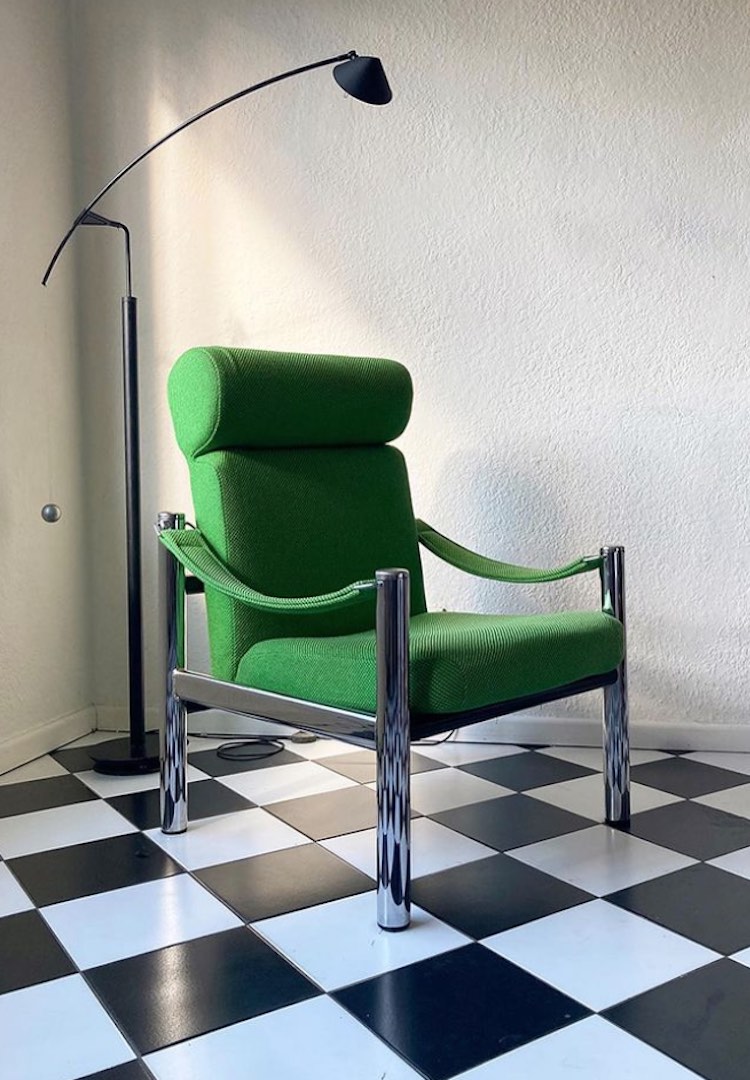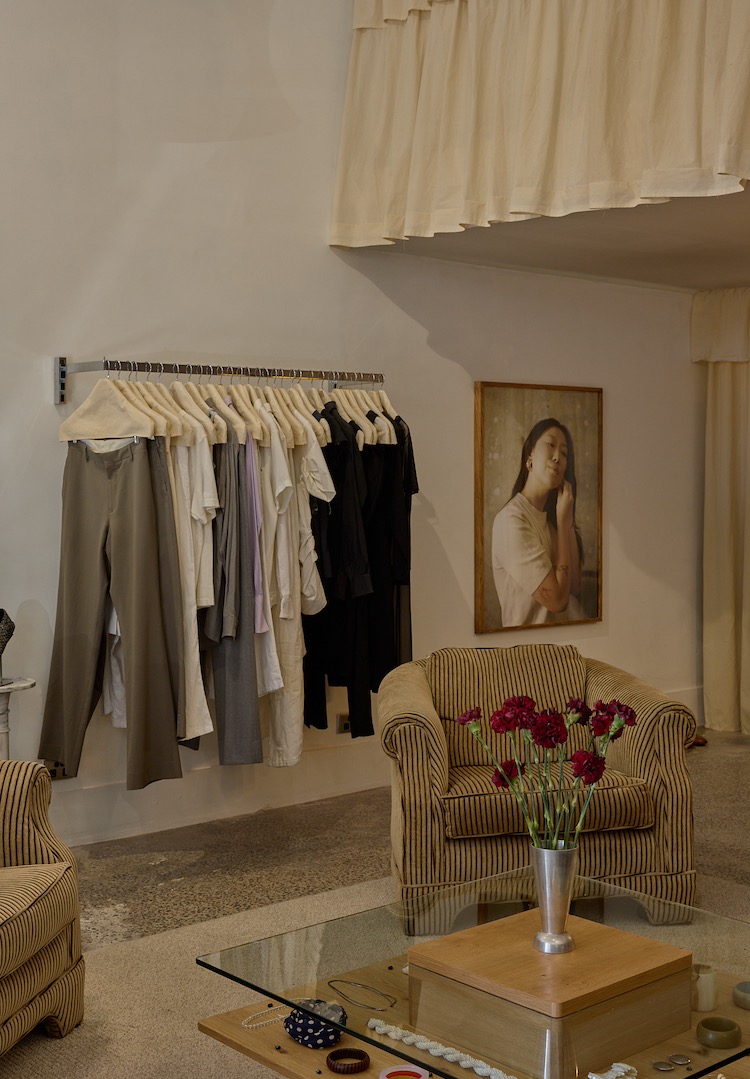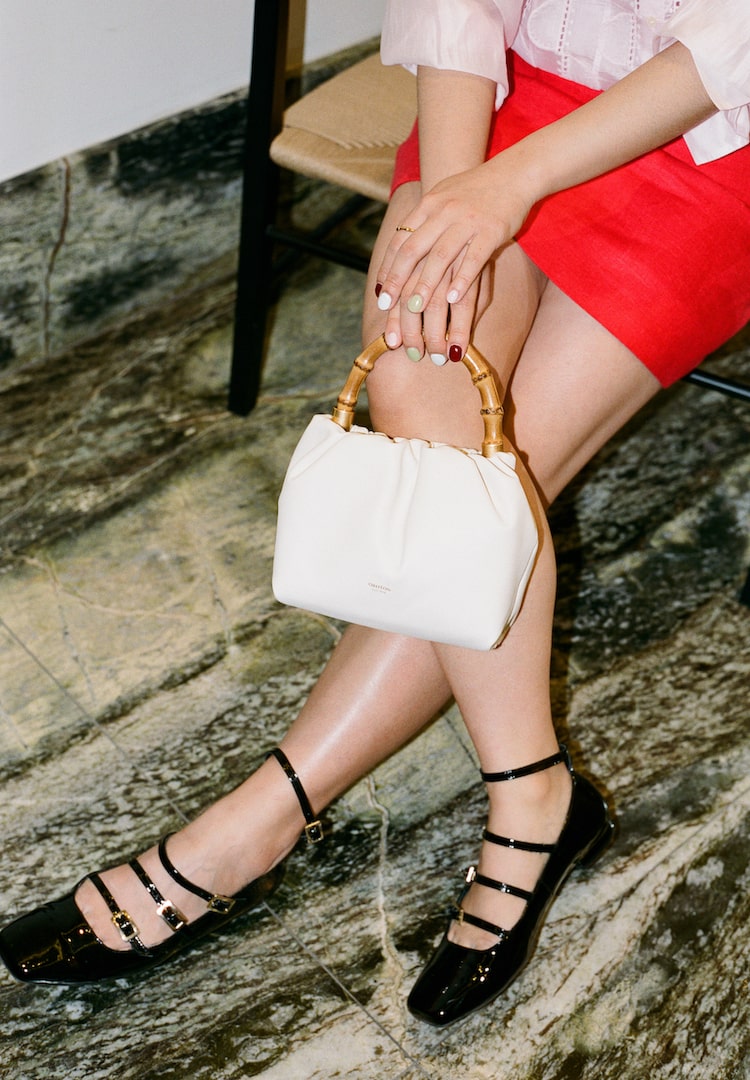How to ask for proof of vaccination, a guide for retail workers
WORDS BY AMY FOCIC
Tackling that touchy question.
Considering we’ve all been using online retail therapy to cope with the shitshow that is living through lockdowns in 2021, the opening of physical retail stores should come as a welcome relief. Trying clothes on in an actual change room! Interacting with real live shop assistants! Hopefully curbing our emotional shopping habits! Oh, the joy.
As lockdowns slowly start easing in New South Wales, Victoria and the ACT, these seemingly old school shopping experiences will soon become a reality. But our ability to participate hinges on our vaccination status.
Want to know more about the vaccine? You can read about one Fashion Journal writer’s experience getting AstraZeneca here.
For retail workers, asking for customers’ vaccination proof so they can enter a store is likely to rub some anti-vaxxers the wrong way. Even in the first week of relaxed restrictions in NSW, hospitality workers have been abused for simply asking their customers to show evidence of their jab.
However, it’s now a condition in some states that businesses must ask for proof of vaccination to ensure they’re complying with government health orders.
What are the rules about retail in NSW, Victoria and the ACT?
At the moment, fully vaccinated people in NSW can visit all non-essential retail stores (like clothes shops and beauty stores) as long as they wear a mask, check-in and show proof of their vaccination. Proof of vaccination includes your online immunisation history statement, your COVID-19 digital certificate from the Australian Immunisation Register, or a medical clearance statement if you’re medically exempt from being vaccinated.
But, from December 1, anyone in NSW – fully vaccinated or not – can go shopping without showing vaccination proof. In Victoria, non-essential retail isn’t opening until November 5, and the state government is still working out how people will show evidence that they’ve been double vaxxed.
As for the ACT, non-essential retail will open from October 29, but vaccination proof isn’t required unless a business makes it a condition of entry. You’ll still have to wear a mask though, and stores will only be allowed one person per four square metres.
Broaching the vaccination question
Retail workers don’t get paid enough to deal with rude, abusive customers as it is, let alone when you throw anti-vax ignorance into the mix. But there are some things you can do to mitigate the chance of a conflict.
Clinical psychology registrar from the UNSW School of Psychology, Dr Ashneeta Prasad, recommends you use “I” statements when requesting vaccination status so that the question is framed as a result of your obligations to your workplace and the government rules, rather than the customer’s decision not to get vaccinated.
You could say something like “I’m required to see your proof of vaccination in order to let you visit our store”. Dr Prasad says using blaming or accusatory language can cause tensions to escalate if a customer is refusing to show their proof of vaccination.
Instead, being sensitive to the person’s feelings can help – you could say something like “I understand this must be a frustrating situation for you”. However, there’s only so much that retail workers can do.
Making sure you know the support system in your workplace if you need to escalate the conflict will come in handy. And, if you’re at the top of the chain, being familiar with the security processes and personnel for your store is important in case a customer becomes belligerent.
Ultimately, refusing entry to customers who won’t provide proof of their vaccination comes down to the government rules that your workplace is following, so anti-vaxxers trying to argue their way in can’t get far.
Thankfully, these people only make up a small percentage of the population. Here’s to welcoming customers back into retailers with (metaphorically) open arms.
To learn more about the vaccination rollout in your state, go here.













